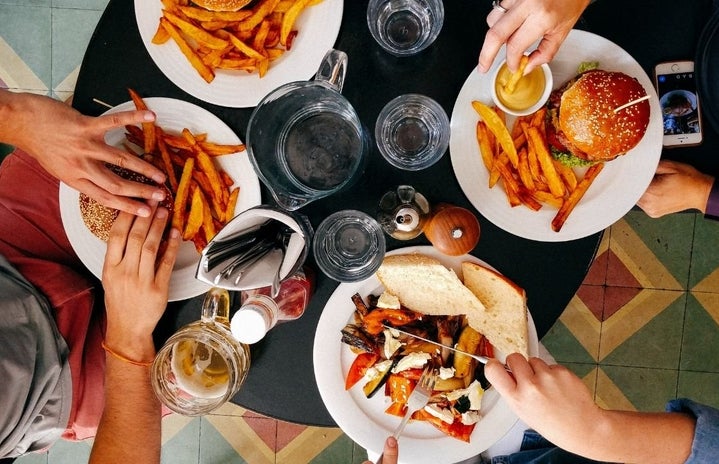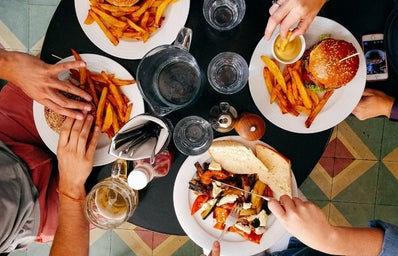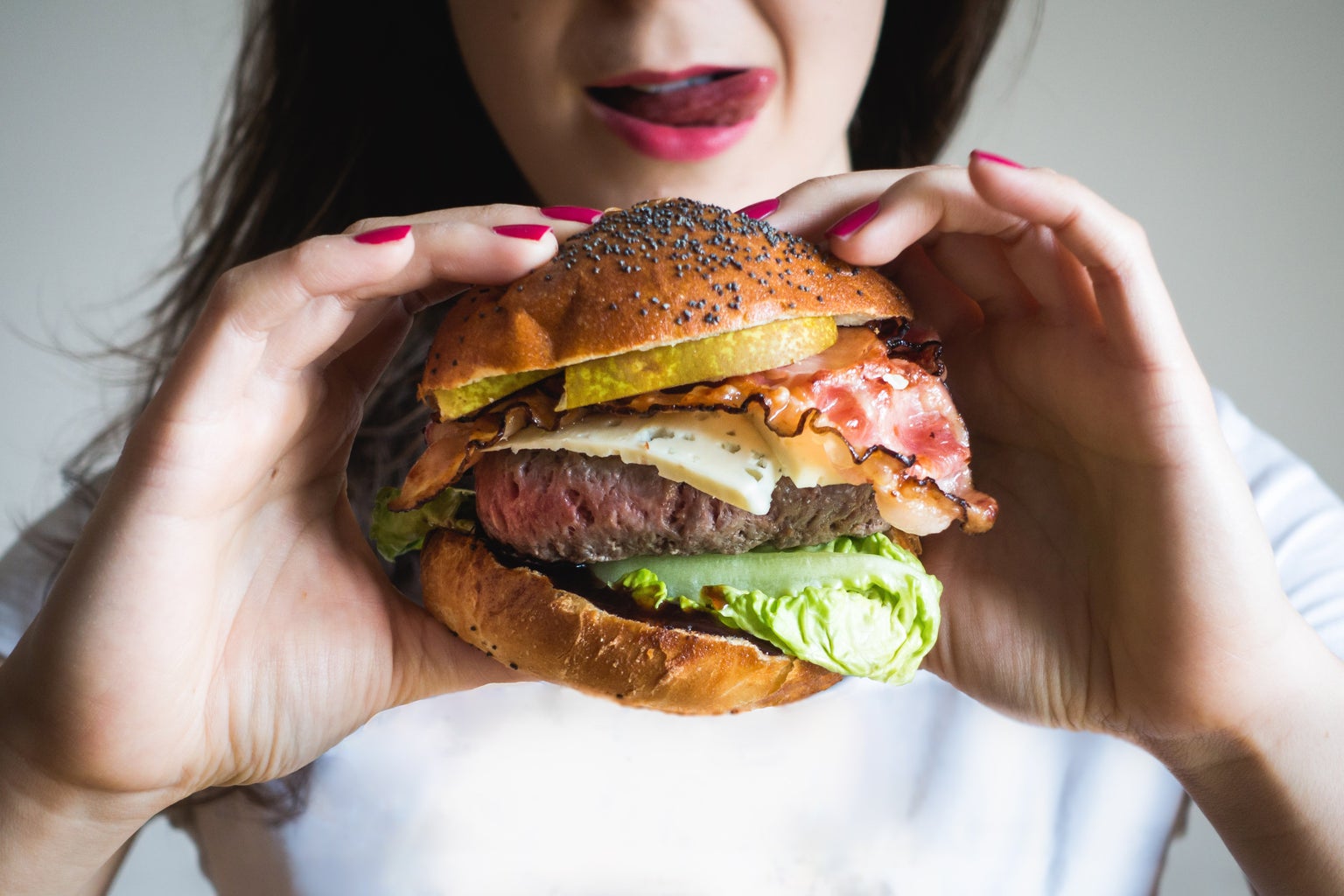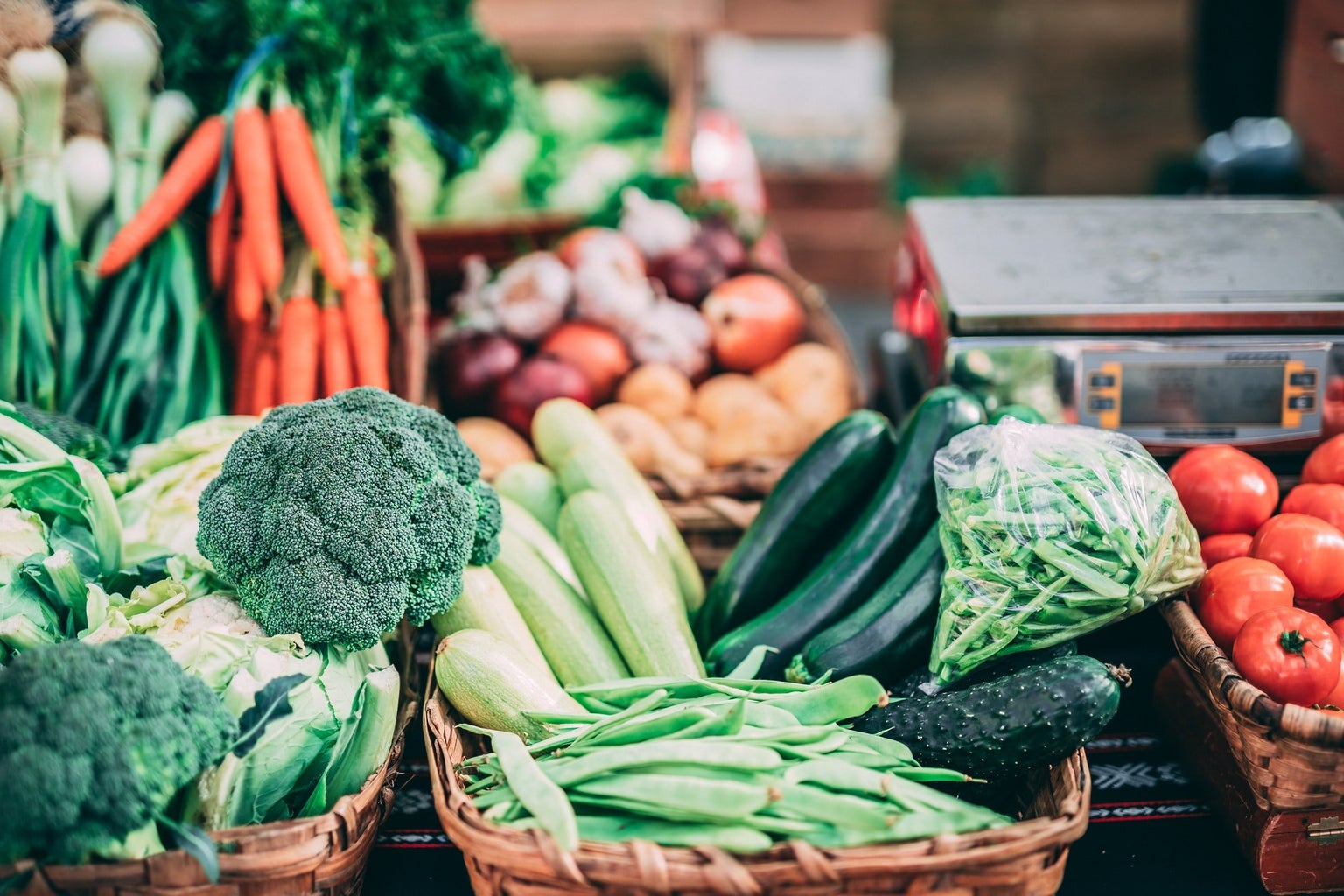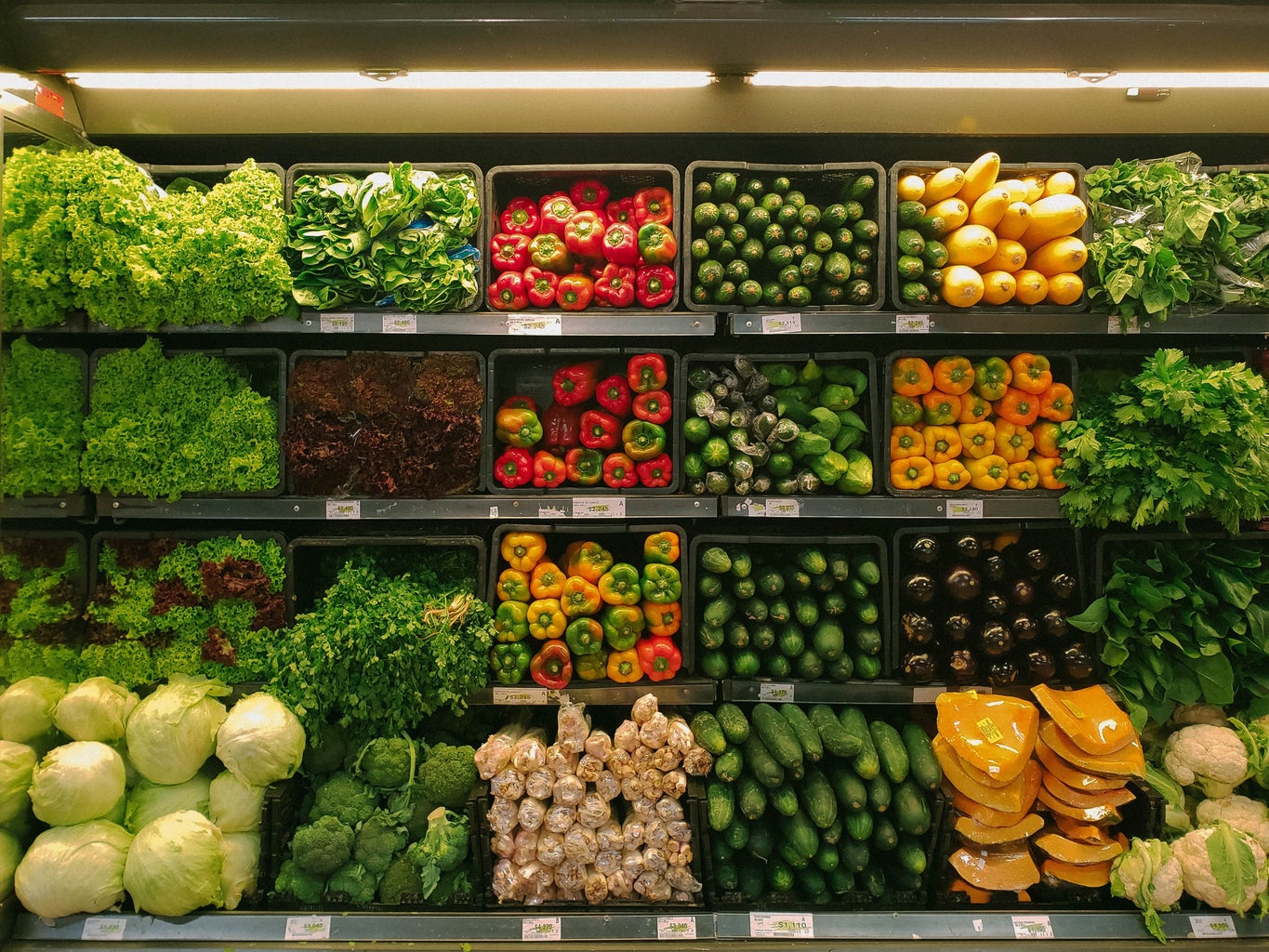It’s no secret that the Covid-19 pandemic has triggered a series of changes in the general population’s habits. And when it comes to food, it was not left out of all these transformations. With the restrictions of social isolation imposed by the World Health Organization, in addition to the fear and insecurity in the midst of such a delicate scenario, people have not only started to shop, in some cases, via delivery apps or the internet, but also opted for faster and more practical choices.
A study made by Datafolha, commissioned by the Brazilian Institute for Consumer Protection (Idec) in 2020, carried out among people aged 18 to 55, proved that packaged snacks or savory cookies were the most consumed products compared to the survey carried out in 2019, increasing from 30% to 35% the proportion of people who consume them. Margarine, mayonnaise, ketchup or other industrialized sauces, have got the second place, whose consumption rose from 50% to 54% in 2020.
“Ultra-processed foods, according to the Food Guide for the Brazilian population (2020), are formulations produced by the food industry from substances extracted from nourishment, derived from constituents of other foods (hydrogenated fats, for example) or artificially synthesized in a laboratory with addition of components, such as dyes, flavorings and numerous additives, in order to extend the shelf life and making the taste more attractive”, explains Marina de Cássia Grandini Bertocco, clinical nutritionist active in Oncology Nutrition.
“One of the most classic examples of foods that fit this classification are: stuffed cookies, instant noodles, candy, cereal bars, soft drinks, energy drinks, frozen products, sausages, sausages (salami, mortadella, turkey breast, sausage, etc.), among others. Therefore, avoiding such foods is essential for promoting healthy eating habits”, continues the nutritionist.
HEALTH RISKS
Ultra-processed products are known to be harmful to health, due to the excessive nutrient content associated with chronic non-communicable diseases, such as obesity and cardiovascular disease. Therefore, the increase in the consumption of these products is directly reflected on the population’s health conditions.
“The negative impacts on the consumption of processed foods is directly associated with its high content of calories, fats (mainly saturated and trans fats), sugars, salt, other additives already mentioned above and low content of vitamins, minerals and fiber”, explains Marina, who warns of the negative impacts of consuming this type of food in excess.
“The inadequate and unbalanced nutritional composition of these foods, when consumed daily and in excess, can trigger, in the medium and long term, some diseases, such as cardiovascular diseases, Diabetes Mellitus, Systemic Arterial Hypertension and Cancer. In addition, it can contribute to weight gain in children and teenagers, with the increase in the prevalence of overweight and obesity”, she adds.
The emotional state and insecure climate in which the population is living can lead to increased consumption of ultra-processed foods. The food turns to an escape valve for stressful situations, such as routine changes caused by the new coronavirus pandemic. Not only that, the lack of time and, consequently, the demand for practicality also contributes to the increase in the amount of ultra-processed foods in the population’s diets. However, according to Marina, the tendency of this habit can be risky.
“People tend to look for more practical and immediate solutions, not just in the food context, but in any other aspects. These choices can have long-term negative impacts and because of that consumption of processed foods should not be a trend. We, as health professionals, are responsible for this awareness and continuing education for the entire population”.
Marina de Cássia Grandini Bertocco
CAN ULTRAPROCESSED BE GOOD FOR HEALTH?
That’s not what the nutritionist says. Quite the opposite! A diet rich in processed foods, in addition to being much more caloric and poorly nutritious, also increases the chances of cardiovascular, gastric and respiratory problems, in addition to allergy and high cholesterol.
“There is no way that ultra-processed food is good for your health and contributes to healthy eating”, warns Marina. “The ideal is to opt for the consumption of food in its natural form (in natura) or minimally processed. The variety of foods such as fruits, vegetables, grains, vegetables, legumes and leaner proteins (chicken and fish, for example) contributes to a balanced diet. Nothing like the good old rice and beans (a traditional brazilian dish), right? How about that tasty soup from grandma?”, completes the nutritionist.
THE INFLUENCE OF SOCIAL NETWORKS AND THE IMPACTS OF SOCIAL INEQUALITY
Eating is a process that relates aspects inherent to the individual and demonstrates that the construction of eating habits does not only lead to individual choices, but also to the relationship between environmental, economic, social and educational aspects. According to Maria, in addition to the fact that the influence of social media and advertising is still quite evident in our daily lives, the sale of food and products at a lower price must exist for low-income populations to be able to put food in their homes to feed their family.
According to the NutriNet Brazil Study, carried out by the Center for Epidemiological Research in Nutrition and Health of the University of São Paulo (USP), which included 10,000 volunteers, the population with less education, from less economically developed regions, increased the consumption of unhealthy foods.
However, according to the nutritionist, this does not necessarily mean that it is not possible to make better choices in a scenario of lower purchasing power.
“Increasingly there must be an awareness of eating habits and lifestyle to promote health. I take this opportunity to leave here a simple tip that helps in this process: when buying any product, choose the one with the fewest items in the list of ingredients. I also take this opportunity to say: Go to the street market! Stroll through the supermarket and discover local businesses. This helps the local economy and helps to build better habits,” she concluded.
